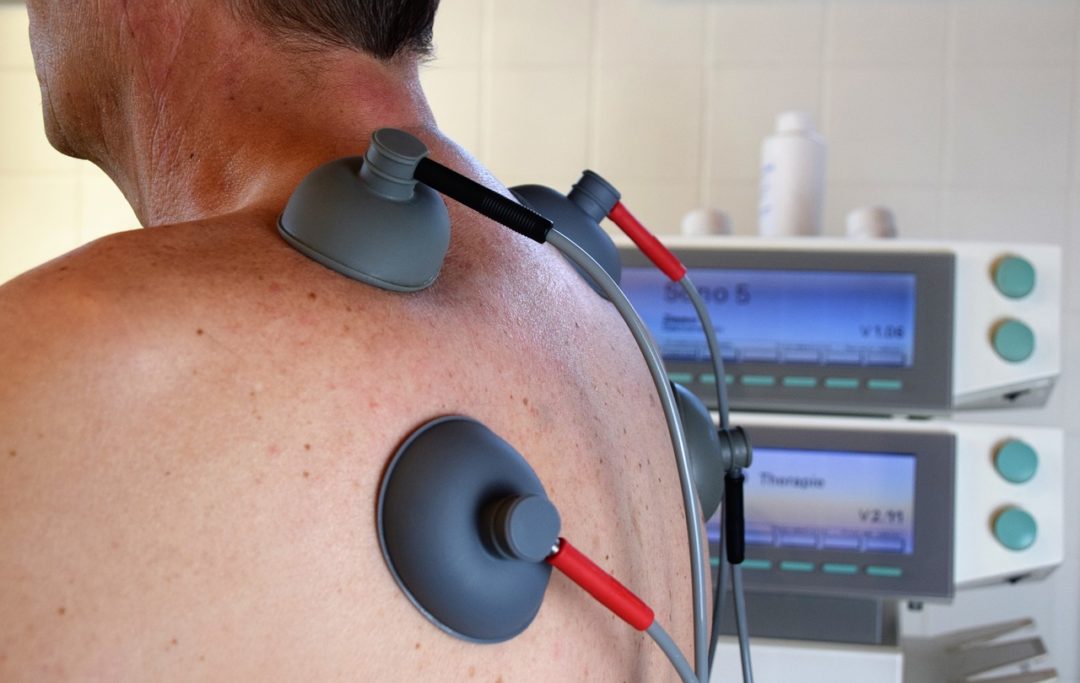

A car accident can be tremendously traumatic for the victims.
You might feel relief as you leave a collision site, seemingly without any wounds.
However, you may not be completely out of the woods yet.
Most times, you may experience life-changing injuries that don’t present themselves immediately after an accident.
One such injury is chronic whiplash. Whiplash is any strain or sprain to the neck.
It typically happens because of a forceful forward and backward motion of the head during a vehicle collision.
Chronic Whiplash is Easy to Miss
Whiplash is usually unnoticeable in the immediate medical care you receive after an accident.
An x-ray machine may not detect the injury.
And, the uncomfortable symptoms of damage to the cervical ligaments, discs, muscles, and nerves do not appear right away.
Since chronic whiplash is hard to detect straight away, the next one to two days may be extremely painful.
You might start with a slight sore in the neck and later on, it might be difficult to walk, turn your head or relax.
Symptoms of Chronic Whiplash after a Car Accident
Any type of event can bring stress or trauma that leads to soreness in the neck, shoulders, or back region.
Something as simple as starting an exercise session, or being at your desk for multiple hours, can cause pain to your muscles and nerve endings.
But, if your trauma is due to chronic whiplash, then here are the symptoms you should look for:
- Stiffness and pain in the neck and shoulders
- Relentless neck pain that worsens with motion
- A burning sensation between your shoulder blades
- Severe pain in the upper and lower back and shoulders
- Insensitivity, or tingling sensation in the fingers, arms or hands
- Headache
- Feeling dizzy or experiencing vision problems
- Insomnia or trouble sleeping
- Fatigue
- Mood swings and depression
- Memory problems
- Ringing in the ears
Damage to the neck and head can threaten your overall well-being.
Hence, it’s vital to seek medical examination for chronic whiplash after an accident.
Medical practitioners use a series of treatments, like relaxation, manipulation, and stimulation to address the ailing ligaments and muscles.
The keys to recovering from chronic whiplash are time and pain management.

Are Certain People More Likely to Suffer Whiplash?
Yes, some people are more susceptible to sustaining whiplash after an auto accident. Risk factors include the following:
- Getting hit from the rear by another vehicle
- Being female
- Being younger
- Getting hit when your car is stationary
- Having a history of neck pain
- Having an occupation with lots of monotonous tasks that result in tight muscles
How Long Does Whiplash Last?
Most times, neck pain dissipates within a few days or three months.
However, some people experience persistent neck pain that lasts for a year.
How to Treat Chronic Whiplash
Medical whiplash treatment aims to manage pain, restore the natural range of motion in the neck, and get you back to normal day-to-day activities.
Your treatment plan will be dependent on the severity of the whiplash injury.
For some people, over-the-counter medicines and at-home care are sufficient for curbing whiplash symptoms.
Others require prescription medication, special pain treatment, or physical therapy.
How to Reduce Pain
Depending on your individual circumstances your doctor may recommend any of the following treatments to reduce pain:
- Ample rest: Rest may be beneficial during the first 24 hours after sustaining the injury.
However, excessive bed rest can delay recovery from whiplash - Application of heat or cold: Applying heat or cold to the neck for about 15 minutes, six times a day can help to alleviate neck pain
- Over-the-counter pain relievers: OTC pain medications like acetaminophen and ibuprofen usually help to manage mild to moderate pain from a whiplash injury
- Prescription medicine: Patients with more chronic pain may benefit from certain antidepressant medications that help with relieving nerve pain
- Injections: A Lidocaine or Xylocaine injection into painful muscle regions may decrease pain before undergoing physical therapy session
- Muscle relaxants: A doctor may recommend short-term use of a muscle relaxant to loosen tight neck muscles and decrease pain.
The drugs may also make you sleepy, which is beneficial if the whiplash pain prevents you from resting adequately - Exercise: Your physician may advise you to perform stretching and movement exercises to restore the range of motion in your neck.
The exercises might include rotating the neck in both directions, bending the neck towards the chest, and tilting the head side-to-side - Physical therapy: If you have persistent whiplash pain or require assistance with range-of-movement exercises, then you should see a physical therapist.
The therapy may help you to feel better and potentially prevent further injury
Additionally, Acupuncture, chiropractic care, and neck massage are some of the alternative treatment methods for whiplash injuries.
However, research about their efficiency is limited, so you should consult a doctor before trying any of the non-traditional therapies.
Conclusion
After a car accident, no matter how minor, never assume you are injury-free. In fact, some injuries, including chronic whiplash may take 24-48 hours to showcase themselves.
At the slightest sign of whiplash, please seek medical attention right away. Proper medical care can help to reduce your pain and get you back on track.




